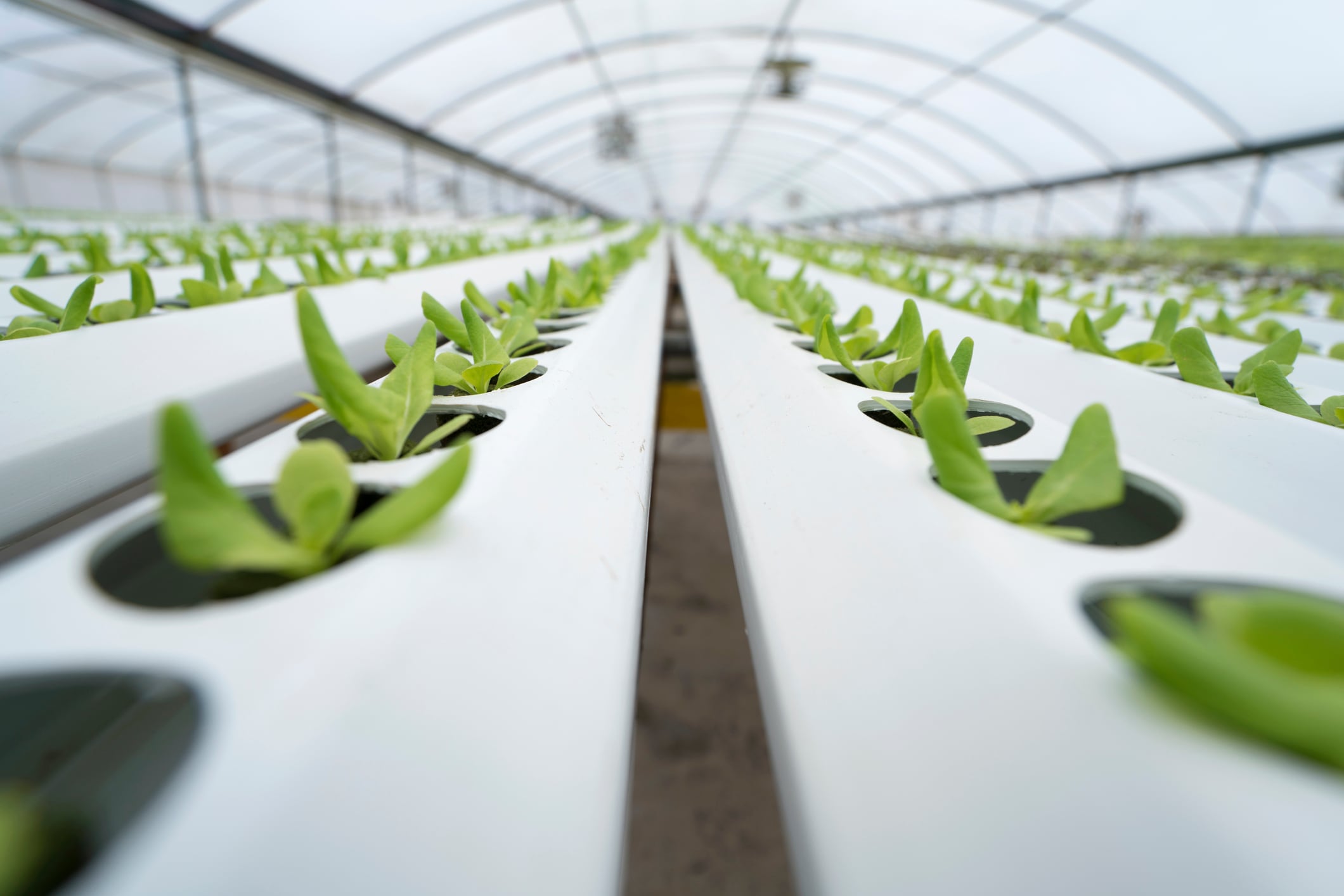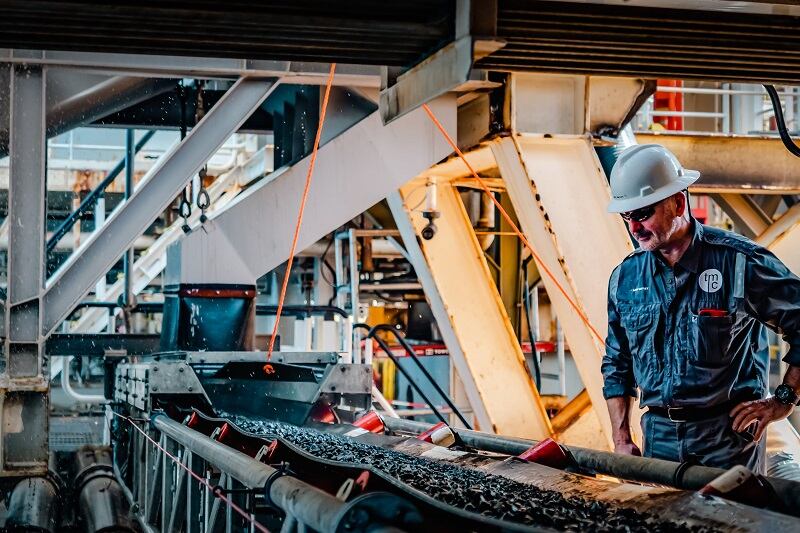The raise brings its total funding to $62 million, including a $5 million seed round and $12 million in non-dilutive public support from BPI France.
At the heart of Genomines’ platform is a proprietary phytoextraction process, where enhanced “hyperaccumulator” plants absorb and concentrate metals like nickel. Once harvested, these plants are processed to yield high-purity metals — a method the company claims is faster, cheaper, and far cleaner than traditional mining.
The company says it has already demonstrated double the nickel yield and biomass productivity in the lab. It is conducting seperate pilot projects with auto giants Hyundai Motor Group and Jaguar Land Rover to test the technology in the field.
It’s also progressing in partnerships with refiners, battery manufacturers, and commodity traders such as Electric Mobility Materials Europe and Ocean Partners.
Scaling a green alternative to mining
Genomines’ technology offers a compelling alternative to both conventional extraction and the fledging but controversial seabed mining industry. It can transform low-grade, non-arable land into productive assets, deploy operations in 1-2 years (compared to over a decade for traditional mines), and cut operational costs by up to 50%.
“Genomines unlocks a scalable new resource base – we can fundamentally rebalance global mineral supply chains for decades to come,” said CEO Fabien Koutchekian.
“Our plants are natural ‘hyperaccumulators’ – plants that extract heavy metals like nickel and cobalt from the soil via their root system and store it in their above ground tissue,” a company spokesperson explained to AgTechNavigator.
Genomines’ current nickel concentrate is 40-60% richer than traditional industry products, with purity levels expected to reach 40% nickel content after full deployment – compared to 8-12% in conventional mining outputs.
“Once the plant has absorbed sufficient nickel, we harvest all above ground biomass and then process the biomass into a nickel-rich char via pyrolysis. Information on the specific plant we use is proprietary.”

The company uses non-GMO enhancement techniques to avoid GMO regulatory authorizations. “We have operating approval for our current stage of field pilots. To further control our operations, we induce sterility in our plant lines so there is no uncontrolled vegetative growth,” the spokesperson said.
A nascent sector with global ambitions
While phytoextraction remains an embryonic field, Genomines is positioning itself as a global leader. The company aims to reach an installed production capacity of 100,000-150,000 tons of nickel within the next decade.
“We view our technology as complementary to traditional mining, not a replacement,” the spokesperson said. “Whether we license, co-develop, or operate independently will depend on the site.”
From lab to field: scaling up
The Series A was led by Engine Ventures and Forbion BioEconomy. The fresh capital hopes to accelerate Genomines’ transition from pilot to commercial scale, including full-scale field demonstrations and securing large offtake contracts. While no deals have been signed yet, the company has received MOUs and offers worth over €200 million.
Building a new industry, one plant at a time
Co-founded by Koutchekian and Dr. Dali Rashid, a plant geneticist whose research underpins the company’s IP, the company’s ambitions extend beyond nickel. Its long-term vision includes expanding its tech platform to extract other critical metals — cobalt, palladium, rare earth elements — and offering flexible business models from licensing to joint ventures.
As the world races to secure sustainable sources of battery materials, Genomines offers a bold new model rooted in biology not bulldozers.
“This talented team has the opportunity to fundamentally transform global mineral extraction,” said Michael Kearney, general partner at Engine Ventures and Genomines board member.




